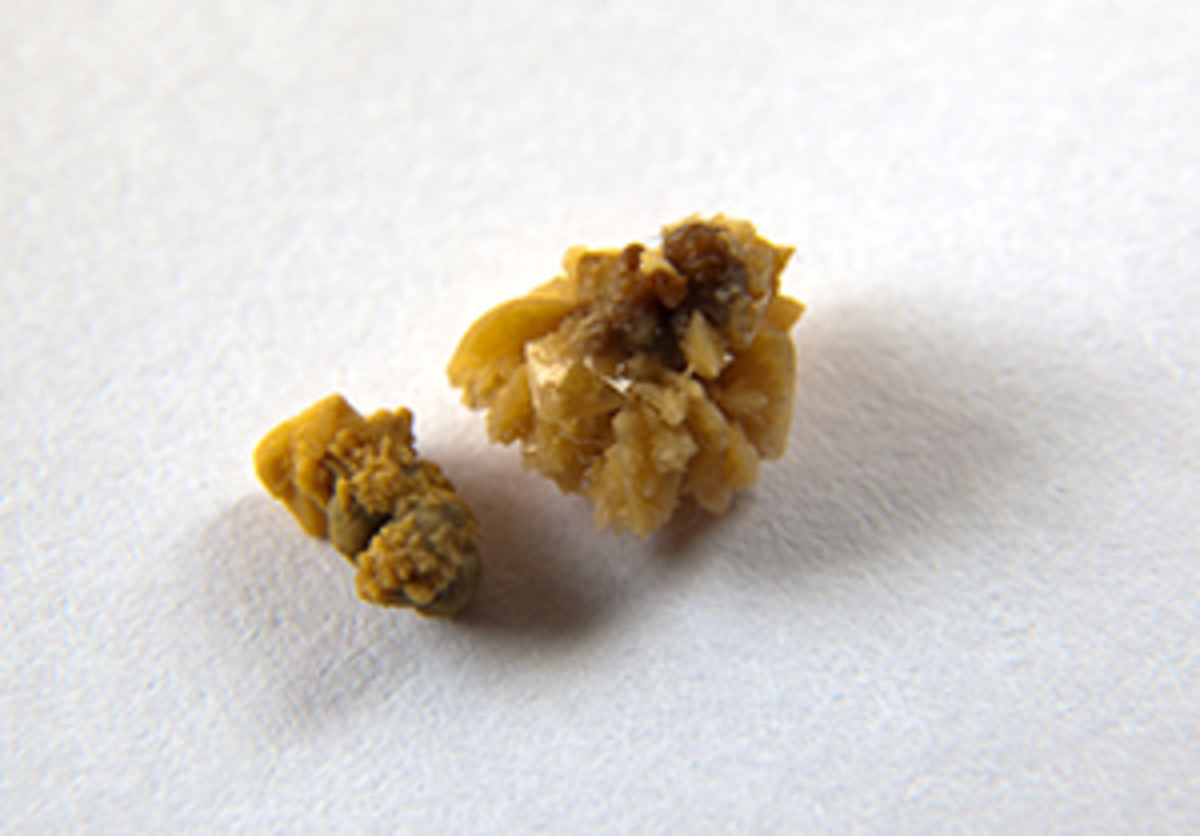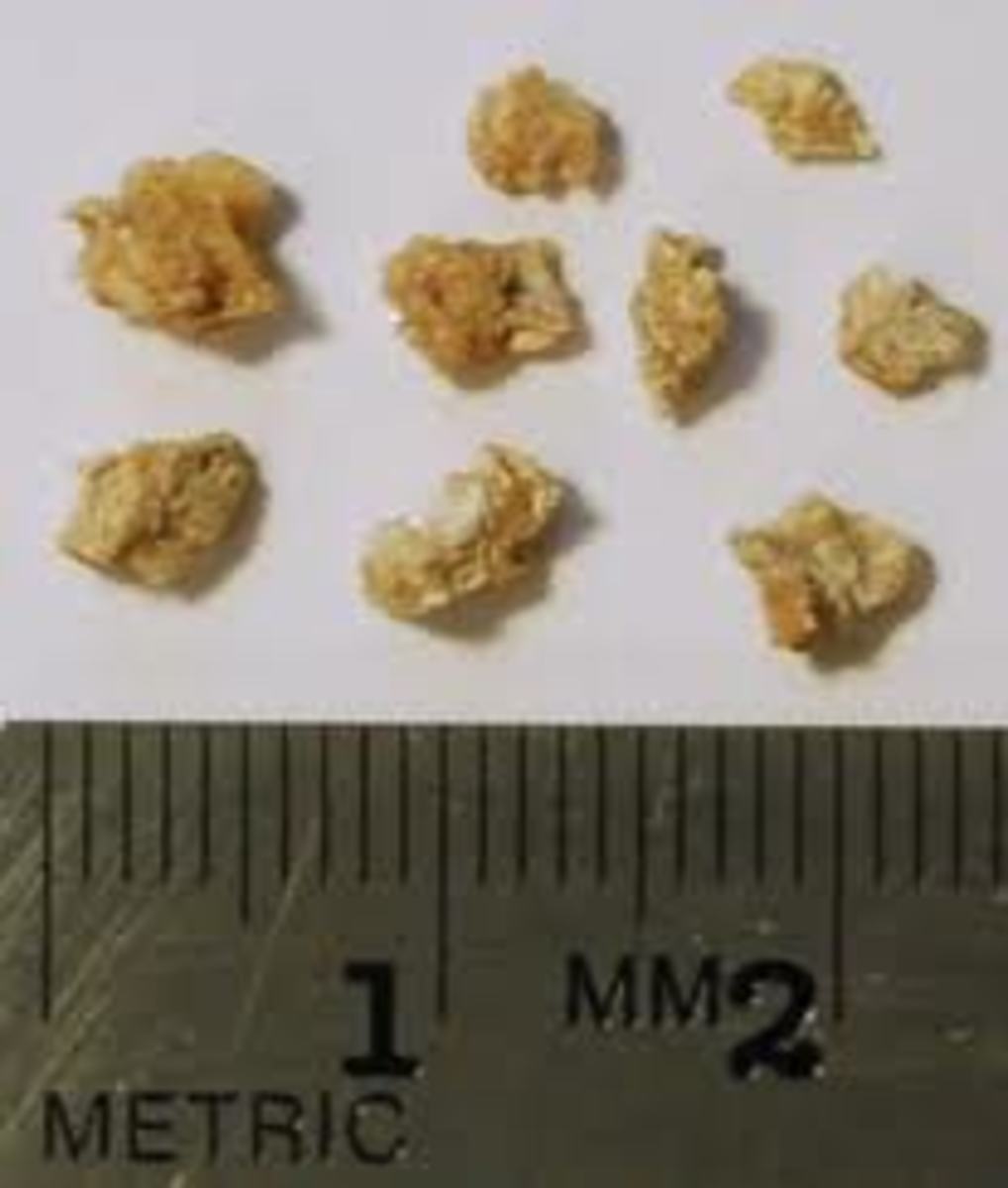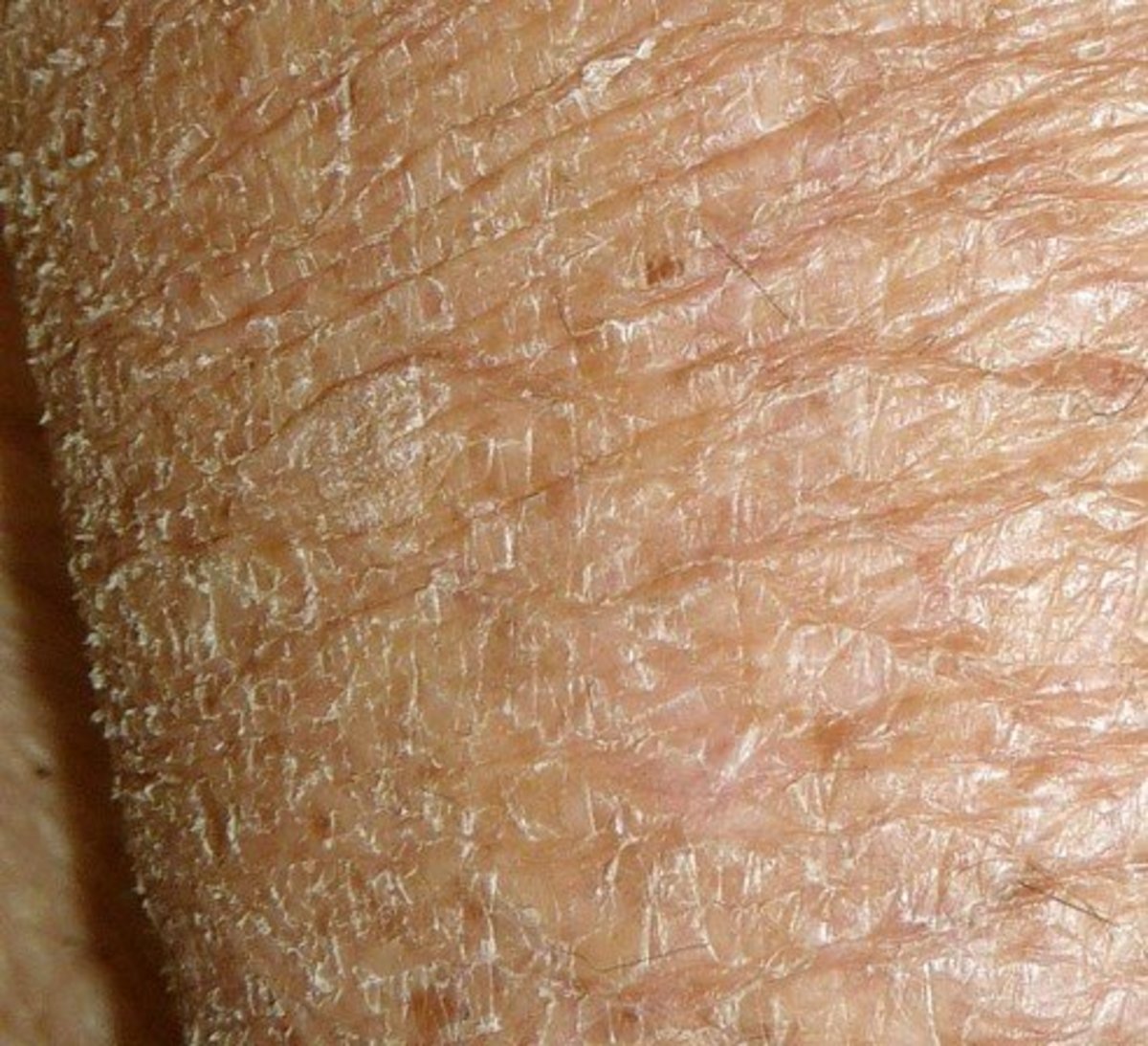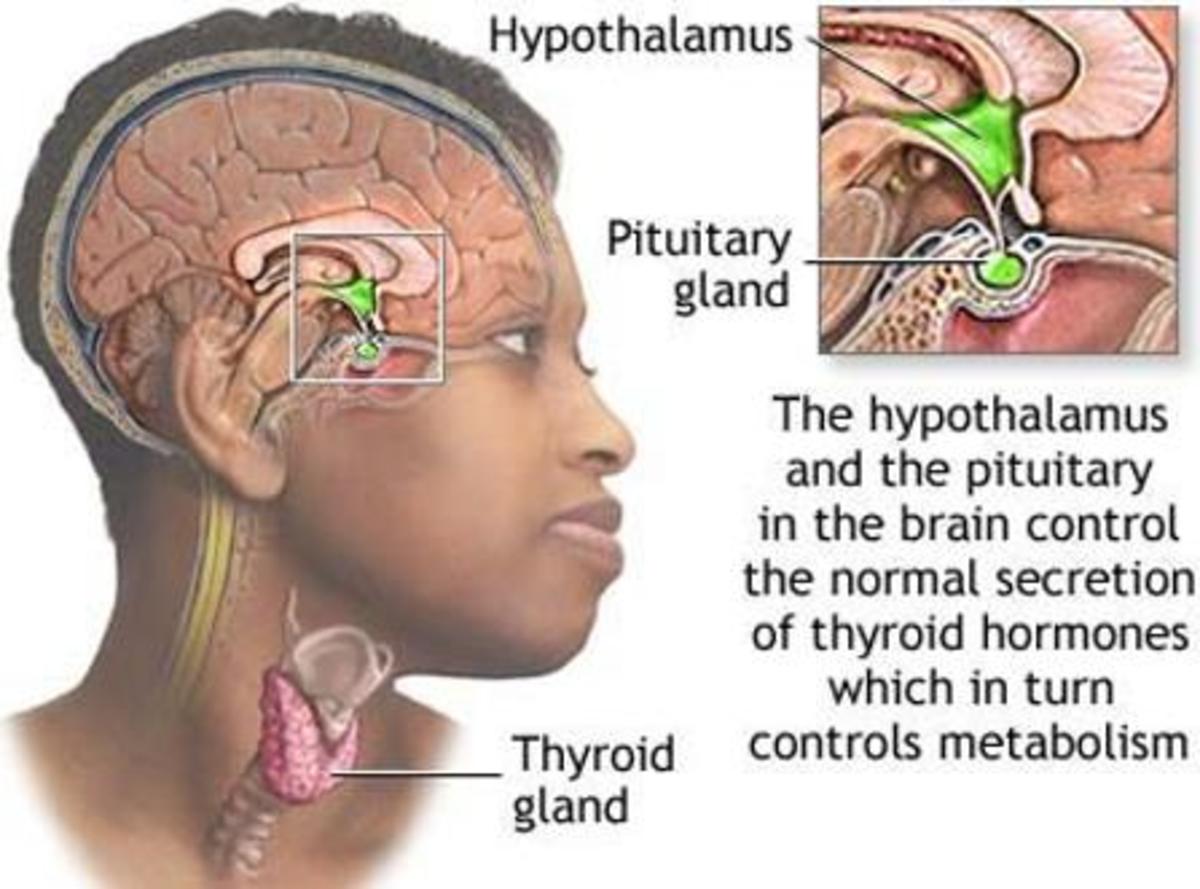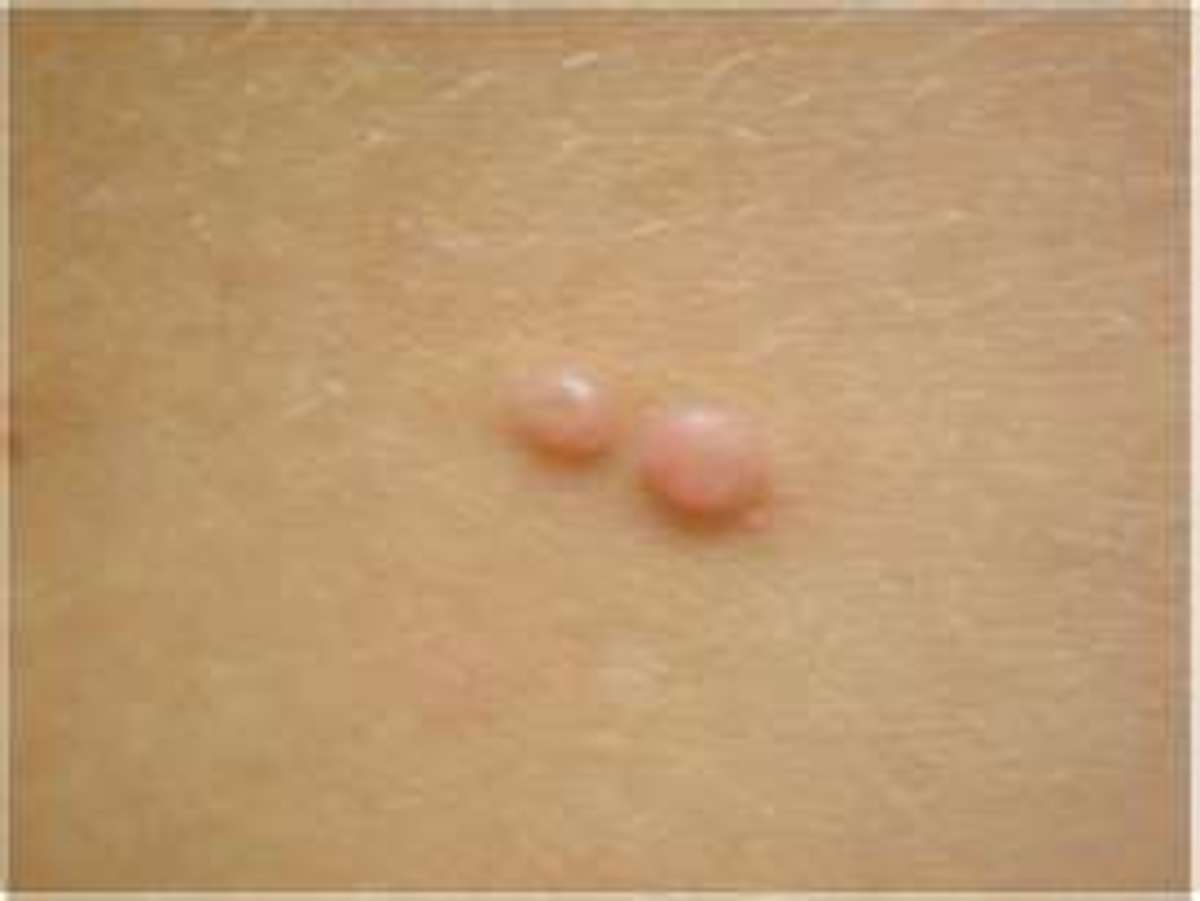Diet in Renal Stones (Kidney Stones)
How Do Kidney Stones Form? How Can We Prevent Them?
Kidney Stones removed from patient's body
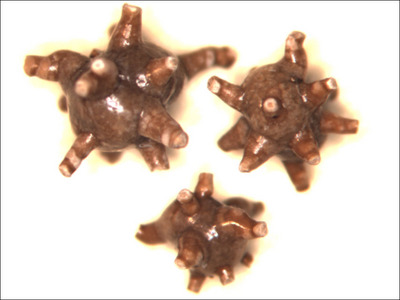
What are Kidney Stones?
Kidney stones or renal stones are stones formed in the kidneys and urinary tract because of the deposition of some minerals.
Causes of Kidney Stones
Calcium Stones:
The overwhelming majority of kidney stones are formed from calcium. They constitute 75% of the renal calculi (renal stones). There are different types of calcium stones. Calcium oxalate, calcium phosphate, and calcium urate stones. Out of the calcium stones,calcium oxalate kidney stones are the most common type. Calcium phosphate stones are rare and tend to form when the urine is alkaline. Calcium urate stones are also very rare.
Struvite Stones:
Struvite stones are associated with infection with gram negative bacteria which are capable of splitting urea into ammonium which in turn will form stones by combining with phosphate and magnesium.
Cystine Stones:
Cystine stones result from a genetic disorder where excess of cystine is found in urine. Cystine is an amino acid which helps in the formation of proteins. Excess of cystine in the urine will lead to the formation of crystals and stones due to supersaturation of urine.
Prevent Kidney Stones
Uric Acid Kidney Stones:
Uric acid stones account for 6 % of the urinary stones. Uric acid stones are more likely to form from the intake of a diet rich in proteins (both animal proteins and legumes) which make the urine persistently acidic. Many of those who develop uric acid stones will have gout. It is also seen in patients with some types of cancer.
Why it is important to know What Causes Kidney Stones?
It is important to know the underlying reason for the development of kidney stones and more specifically what type of stone a person is having because that determines the treatment and the type of dietary restriction required.
Kidney Stones
Should the intake of calcium to be reduced for people having calcium oxalate stones?
Other health related hubs by thumbi7
- Colicky pain -What are the symptoms of renal colic?
What is renal colic? Renal colic is a term used to refer to the pain from the development of stones in the kidneys and ureters. Kidney stones are very common among the population and it can precipitate sudden severe renal colic without warning. Even - Can we avoid getting a heart attack?
Prevention of heart attack is very easy. If you feel that you have one or more of these risk factors like obesity, smoking,high cholestrol and high blood pressure, diabetes,alcoholism or mental stress try and change your lifestyle to prevent heart at - Alcoholic Fatty liver: Pleasure or pain?
Alcoholic liver disease can be manifested as fatty liver, alcoholic hepatitis or liver cirrhosis. It can lead to complications like esophageal varices and caput medusae.
Symptoms of Kidney Stones
The person may pass small crystals in urine. There can be a sudden severe excruciating pain along the loin which is known as renal colic.
Fluids
How do fluids help in Kidney Stones?
| Types of fluids which can be used in Kidney Stones
| Types of fluids to be avoided in Kidney Stones
| How much fluid to drink if you have Kidney Stones?
|
|---|---|---|---|
Drinking fluids helps in preventing all types of kidney stones.
| Water is the best option
| Black tea is not recommended for people who have a tendency to get kidney stones as it contains high amount of oxalates.
| Depends mainly on the weather and the person’s activity level
|
Drinking enough fluids help in keeping the urine diluted and in flushing out the stone forming minerals from the body.
| Some studies recommend citrus fruit juices. They may help in preventing calcium oxalate and uric acid stones but may be harmful for people with calcium phosphate stones.
| Grapefruit juice, cranberry juice and dark colas should be avoided by people who are prone to develop calcium oxalate kidney stones.
| People living in tropical countries need to drink more water. Approximately two and a half to three litres of fluid are required for people living in tropics in summer.
|
Moderate intake of beer and wine may protect against stone formation.
| People with kidney stones should drink water and other liquids to produce at least two litres of urine each day.
|
Diet and Kidney Stones
Diet is one of the factors which can influence kidney stone formation. Dietary restrictions of different types of nutrients have to be followed for different types of kidney stones.
Calcium Stones
- ·Limit food high in oxalate. Some of the food items like spinach, rhubarb, nuts, and wheat bran are rich in oxalates. When these food items are consumed, excessive amounts of oxalates are excreted in urine, which combines with calcium to form calcium oxalate stones.
- ·Increasing the intake of calcium also helps in preventing calcium oxalate stones because calcium binds oxalate in the gut and prevent it from getting excreted through urine.
- ·Vitamin C and Vitamin D supplements also can increase the risk of getting renal stones. Vitamin C or ascorbate can be converted to oxalate in body.
- ·Reducing the salt intake will help in preventing calcium stones. Increased sodium in the urine can cause increased excretion of calcium in the urine; increased level of calcium can combine with oxalates and phosphates to form calcium stones. Reducing salt intake is preferred to reducing calcium intake.
- ·Calcium from food and supplements taken along with food will bind to oxalate in food. This compound does not enter the blood and urinary tract there by preventing the formation of calcium oxalate kidney stones.
- ·Foods that contain high levels of sodium like hot dogs, canned soups and vegetables, processed frozen foods, luncheon meats and fast food should be limited.
- ·Food items containing hidden sodium like monosodium glutamate (MSG), sodium bicarbonate, disodium phosphate, sodium alginate, sodium nitrate or nitrite etc. should be avoided by checking the labels.
- ·Animal proteins also should be limited as it increases the excretion of urinary calcium and decreases the excretion of urinary citrates.
Uric Acid Stones
Animal proteins contain purine which breaks down into uric acid and is excreted in urine. So the consumption of animal proteins should be limited to prevent the formation of uric acid stones. Other proteins including milk and milk products, poultry, fish etc are also to be restricted. Organ meat such as liver contains high levels of purine. Maintaining healthy weight by proper diet and exercise can reduce the incidence of calcium and uric acid stones.
Struvite Stones
Struvite stones can only be controlled by controlling the infection. If you get recurrent urinary tract infections, the reason for this has to be found out. For majority simply maintaining the urinary hygiene will help in reducing the rate of infection.
Diet for renal stones has to be planned after identifying the type of stone and in consultation with your doctor, nurse and dietitian.





